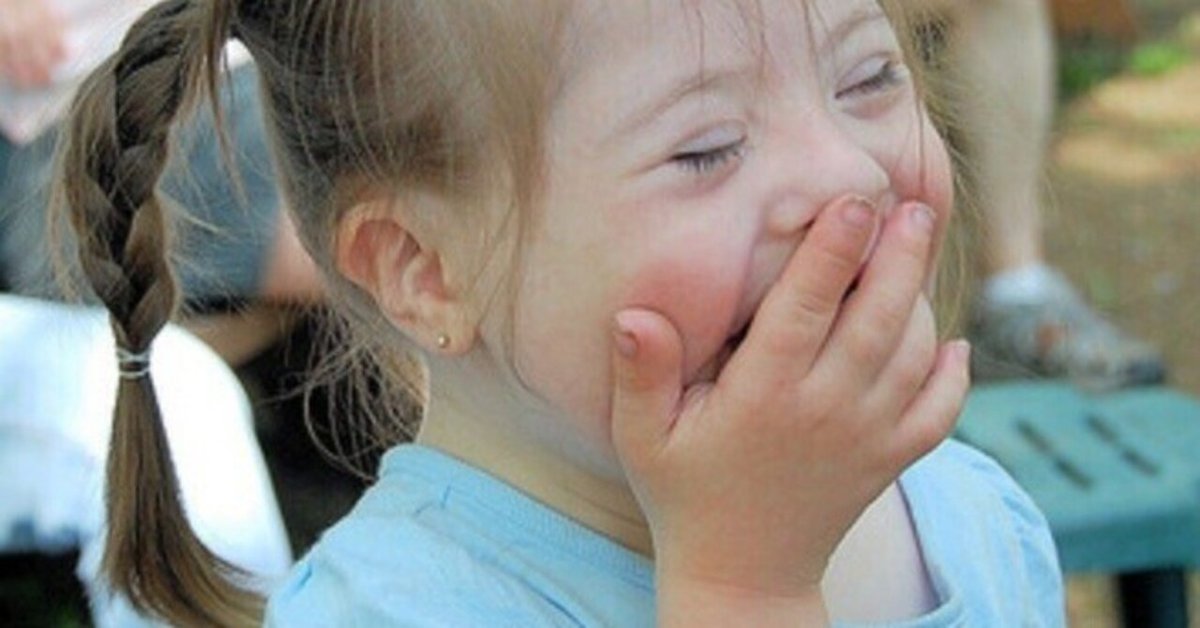
Why do people who live happy lives like the flow of water and those who live unhappy lives while feeling happy?(幸の選択と不幸の選択の法則
EK's definition of God
It seems like you're asking why some people who live happy lives can go with the flow like water, while others who live unhappy lives can still experience moments of happiness. Let's explore this phenomenon with five examples:
Adaptability and Resilience: People who live happy lives may have developed a strong sense of adaptability and resilience. Like water flowing down a river, they can navigate through life's challenges with ease. When faced with obstacles, they find creative solutions, stay optimistic, and bounce back quickly. Their ability to adapt allows them to maintain a positive outlook even during difficult times, leading to an overall sense of happiness.
Gratitude and Contentment: Happy individuals often practice gratitude and find contentment in their lives. They appreciate the little things and are thankful for what they have, just as a flowing river nourishes the land it passes through. Their gratitude mindset enables them to cherish their blessings and derive happiness from the simple pleasures, regardless of external circumstances.
Emotional Intelligence: People leading happy lives tend to have developed emotional intelligence. They are in tune with their emotions and can manage them effectively. Like water flowing smoothly around rocks, they can navigate emotional turbulence without getting overwhelmed. This emotional intelligence helps them handle stress, conflicts, and negative emotions in a constructive way, allowing happiness to prevail.
Pursuit of Meaning and Purpose: Individuals experiencing happiness often have a strong sense of meaning and purpose in their lives. Similar to a river that finds its way to the ocean, they have clear goals and a sense of direction. Having a purpose provides them with a sense of fulfillment and joy, even amidst life's challenges, making them feel content and happy.
Mindfulness and Living in the Present: Happy individuals often practice mindfulness and live in the present moment. Just as water flows steadily in the present, they focus on the now rather than dwelling on the past or worrying about the future. Being fully present allows them to savor positive experiences and engage with their surroundings, amplifying their happiness.
On the other hand, individuals living unhappy lives can still experience moments of happiness due to various reasons:
Resilient Spirit: Even in the face of adversity, some people possess an innate resilience that allows them to find temporary moments of happiness. These moments might arise from personal achievements, supportive relationships, or finding temporary relief from their struggles.
Escapism and Distractions: Unhappy individuals might seek refuge in distractions or temporary pleasures, such as entertainment, substances, or activities that provide momentary relief. These brief escapes can create fleeting feelings of happiness amid an overall unhappy state.
Random Acts of Kindness: Acts of kindness from others or witnessing positive events can evoke moments of happiness, irrespective of an individual's overall life satisfaction. Even in difficult circumstances, the warmth of human connection can temporarily uplift spirits.
Nostalgia and Positive Memories: Memories of happier times or past positive experiences can provide momentary happiness to individuals facing unhappiness in the present. Reminiscing about good times can temporarily boost their mood.
Hope for the Future: Even in unhappy situations, hope for a better future can bring moments of happiness. Optimism about the potential for change or improvement can provide a sense of relief and happiness, at least temporarily.
In summary, individuals leading happy lives often possess certain traits and mindsets that enable them to navigate life's challenges smoothly, find contentment, and experience sustained happiness. On the other hand, unhappy individuals may still experience moments of happiness due to personal resilience, moments of relief, positive memories, and hopeful perspectives. Happiness and unhappiness can coexist in complex ways in human experiences.
EK's definition of God
To be happy is not a matter of birth or upbringing, much less heredity. Happiness is a power that we acquire over time through practice, and we do not become happy because we lack the practice of the power of happiness. When you are not happy or things are not going well, reflect on the fact that you lack the power of happiness because you are not practicing, and practice daily the following cycle of prayer, choice, determination, and action, and before you know it, everyone will be happy.
①: Don't seek God when you have free will. If you act on the efforts you can make to the best of your ability, then He will gently add only 1% to your strength.
②: Make choices without selfishness. God always observes whether or not you have selfishness. It is observed as if it were quantum theory. If you choose to disobey God, your choice is wrong. We make a choice and take action with the resolve to make an apology to God.
③: God is in the details in our actions.
Even if the choice is wrong, blessings are poured out when we are prepared and act with sincerity.
④:There are many great people in the past who are trusted by people and are human role models. Consider how these great people would think if they were alive today. And how can we please the life that dwells there? and consider it in an altruistic spirit as well. If we truly lose our selfishness, we can learn to think and train in these ways.
続きは、会員サイトにて
ここから先は

Syncreeate Collecive Academy
2144年9月22日に私たち組織が目指す人類、地球、宇宙、11次元につづく壮大な計画(Handred Clubの未来計画参照)を実現するま…
この記事が気に入ったらサポートをしてみませんか?
